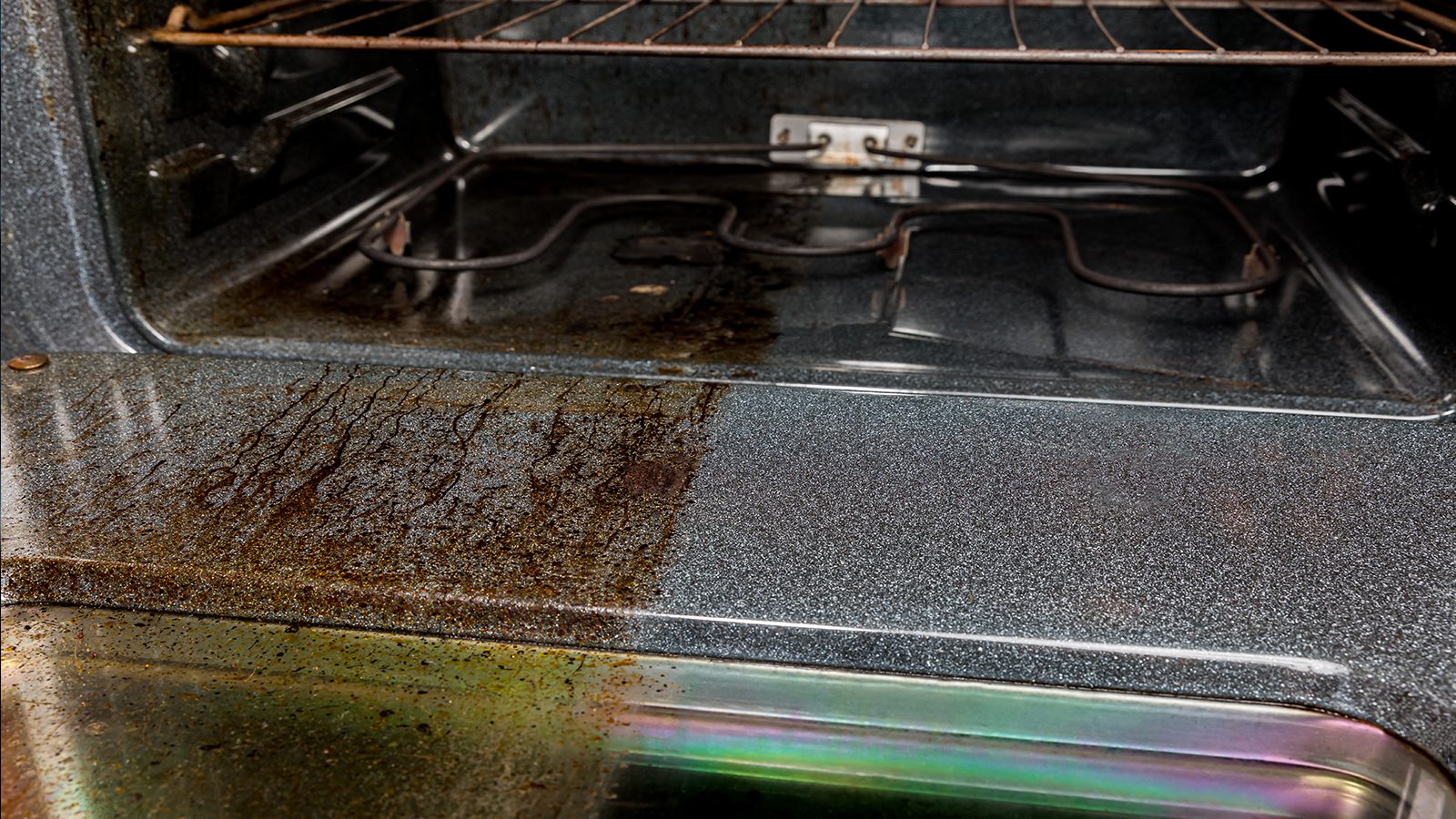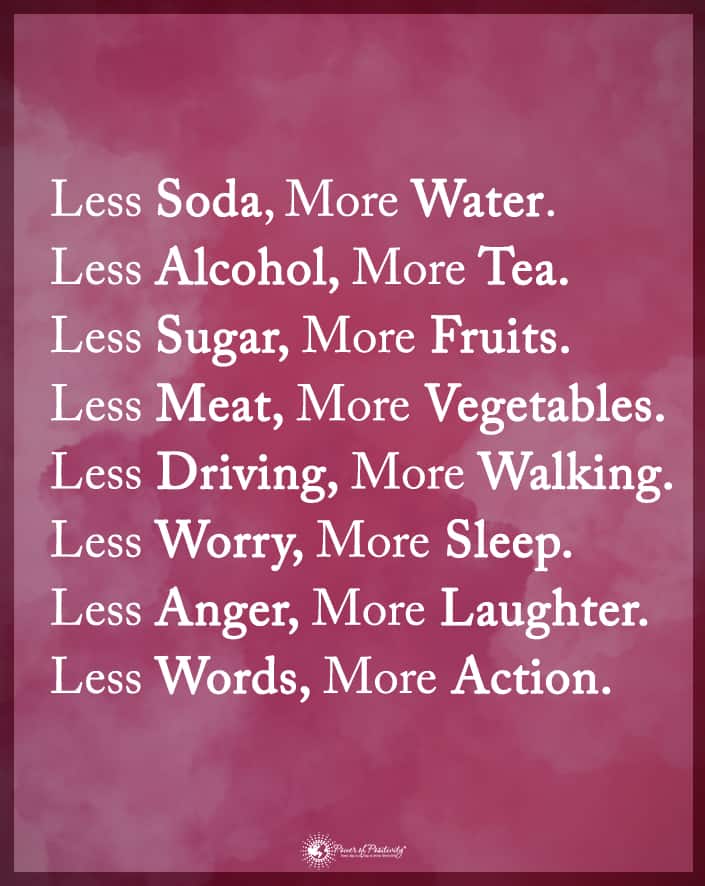If you don’t like using commercial cleaning products, you might prefer making a homemade oven cleaner. Using all-natural ingredients ensures you can keep your home spotless while avoiding potential toxins. Of course, you could always buy eco-friendly cleaning products at the store, but they’re often costly. Making them yourself will save money and a few extra trips to the store. Better yet–no chemicals here!
You probably clean your kitchen weekly, but how often do you clean your oven? A dirty oven may seem harmless, but it can release toxic smoke into your kitchen and home. Leftover food or grease will burn when you turn on the stove, producing fumes that contain sulfur dioxide, nitrogen oxide, and carbon monoxide.
An unclean oven also releases carbon and methane into the atmosphere, contributing significantly to climate change. Therefore, keeping a clean range protects not only yourself but everyone else as well. Finally, the continuous burning of leftover food in the oven may affect the flavor of anything else you bake or cook.
Regular oven maintenance can prevent unpleasant odors and potential health risks associated with a dirty appliance so learning to have your appliances clean really help on making appliances last longer and being more comfortable to use. A buildup of food particles and grease not only affects the taste of your meals but also creates a breeding ground for harmful bacteria.
In addition to maintaining cleanliness, it’s essential to address any mechanical issues with your kitchen equipment, especially when it comes to ovens. Regularly scheduled maintenance and prompt attention to repairs can extend the life of your appliances and enhance their performance.
If you notice any irregularities, such as uneven heating or strange noises, it’s wise to seek professional help. commercial oven repair services are designed to identify and rectify issues quickly, ensuring your cooking processes remain uninterrupted and your dishes are consistently cooked to perfection.
Regular inspections and repairs help maintain optimal performance, giving you peace of mind in your food preparation. By investing in professional repair services, you can avoid costly downtime and maintain the high standards your kitchen is known for, allowing you to focus on creating delicious meals for your patrons without worry.
To ensure a spotless and hygienic kitchen, incorporating a thorough oven cleaning into your routine is essential. If you prefer to have professionals handle the job, Melissa & A Mop offer expert cleaning services that can tackle even the toughest grime, allowing you to enjoy a sparkling clean oven without the hassle. Need professional cleaners to clean your kitchen? Get the Best Bothell Home cleaners!
Maintaining a clean oven helps preserve the efficiency of your appliance, reducing energy consumption and prolonging its lifespan. By removing residues and spills, you can avoid the risk of fire hazards and ensure that your oven operates safely.
In summary, a polished oven will make your meals taste better and improve the air quality in your home. And it doesn’t require expensive cleaners to get the job done. People have been using baking soda and vinegar for hundreds of years with positive results.
You probably already have these ingredients lying around your home for other purposes. Below, we’ll show you how to make a homemade oven cleaner with a few simple ingredients. But first, let’s discuss the dangers of cleaning your oven with commercial products.
Why Many Storebought Cleaning Products Are Toxic

Many commercial oven cleaning products contain lye and ammonia, which can cause health problems. For one, they may irritate and even remove layers of skin because they’re so harsh. Breathing in these chemicals can lead to breathing problems and lung damage in concentrated amounts. And the consequences remain long after you’ve cleaned the oven. The odors from the substances may linger and contaminate anything else you bake or cook.
Research shows that some oven cleaners, such as Mr. Muscle and Easy-Off brands, contain poisonous ingredients called corrosive alkalis. You don’t have to swallow the cleaners to experience adverse side effects. For instance, the research found that even breathing in the fumes of these cleaners can cause:
- Breathing difficulty
- Throat swelling
- Severe pain in the throat
Other harmful ingredients in most home cleaning products include monoethanolamine (MEA), glycol ethers, and alkyl phenol ethoxylates (APEs). Research shows these chemicals can contribute to asthma and reproductive harm with regular exposure. Finally, many oven cleaners contain butane, a highly flammable and odorless gas that can lead to devastating medical consequences.
For instance, research shows that highly concentrated chemicals in solvents or aerosol sprays can cause an irregular heartbeat. It may even lead to heart failure within minutes of exposure to the chemicals. Other common ingredients in oven degreasers include methylene chloride and trichloroethylene. With frequent exposure, these chemicals can cause:
- reduction of oxygen-carrying capacity of the blood
- changes to the heart muscle and heartbeat
- cirrhosis of the liver
- reproductive complications
- hearing and vision damage
Self-Cleaning Ovens Also Have Drawbacks
If you don’t want to make a homemade oven cleaner, you may decide to use the self-cleaning feature on your oven. One advantage of this feature is that it doesn’t release toxic chemicals like commercial cleaners. However, following the directions closely when using the self-cleaner is crucial since it can produce carbon monoxide.
If you decide to clean the oven this way, you should leave your home during the process, just in case. The Teflon coating inside the range can produce fumes at high temperatures during the self-cleaning cycle. Self-cleaning ovens can reach 600 degrees, a high enough temperature to release dangerous fumes.
So, if you want a genuinely chemical-free, safe solution, follow this recipe for a homemade oven cleaner.
How to Make a Homemade Oven Cleaner With No Chemicals
First, make sure to have a glass bowl, pastry brush, scrub sponge/brush, spoon, and gloves handy. Next, remove the oven racks, so they don’t get in your way while cleaning. You can wash them off in the sink if you want to clean them.
Ingredients:
- Two tablespoons of Castile liquid soap
- 1 1/3 cup baking soda
- 10 drops orange or lemon essential oil (optional)
- ¼ cup organic white vinegar or apple cider vinegar
- water
Directions:
- Mix the castile soap and baking soda into the glass bowl. Since it’s a vegetable-based soap, it contains no harmful ingredients or chemicals. It works as a homemade oven cleaner because it can easily remove stains and caked-on food. Baking soda also cleans ovens well due to its slightly coarse texture and ability to dissolve grease.
- Next, add the vinegar and essential oil of your choice. Add water and blend until the mixture forms a thick paste. People have used vinegar to clean their homes for centuries since it’s antibacterial. That makes it an excellent ingredient for a homemade oven cleaner as well. The essential oils will add a pleasant fragrance to your home while providing antimicrobial benefits.
- Using your pastry brush, apply the homemade oven cleaner until the surface is completely coated. Allow it to sit for six to eight hours or overnight for the best results. If you see foam building up, don’t worry — this happens as a normal part of the process.
- After leaving it on for the recommended time, you can clean off the mixture. Fill a separate bowl with water and grab your sponge and gloves. Dip the sponge into the bowl each time you wipe the oven, changing out the water as needed.
Final Thoughts on Homemade Oven Cleaner With No Chemicals
Do you want to clean your oven but dislike harsh chemicals? Luckily, you can make a homemade oven cleaner with just a few inexpensive ingredients that work just as well. Using only castile soap, baking soda, white vinegar, water, and essential oils, you can create an all-natural cleaner at home. If you try this out, let us know how it works on Facebook!





















